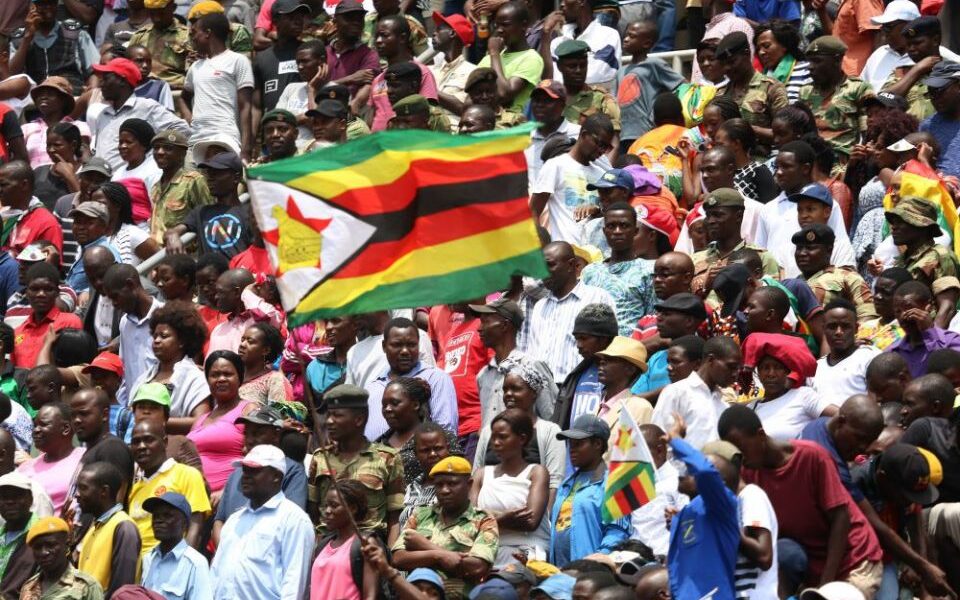By: Malaika Mahlatsi
The greatest strength of Zimbabwean people is simultaneously their greatest weakness, and it is something that I sincerely hope we South Africans never develop.
One of the traits I’ve always admired about Zimbabweans is their endless capacity to self-determine in their own spaces. When I first went to Zimbabwe years ago, I was in awe of the depths to which people were navigating the dire socio-economic and political milieu.
In the absence of a functional economy and the collapse of public institutions, people were finding ways not only to survive, but to thrive. It was like seeing Julius Nyerere’s principle of Ujamaa in motion. The self-reliance was admirable.
However, I have come to realize that this very thing about Zimbabweans is part of the reason that the ZANU PF will never govern effectively. ZANU PF is confident in the knowledge that the highly resourceful Zimbabwean people will always come up with a plan B, and for that reason alone, it has no incentive to even try to behave as a government should.
Due to years of maladministration, the provision of some of the most basic services is non-existent. The potholes that line the streets of even some of the most affluent suburbs of Harare, the country’s capital city and its economic nerve centre, could literally remove a bra from your breasts.
A drive from Helensvale to Borrowdale just nearby would take me a while due to having to navigate depressions and potholes on the road. Water supply is practically non-existent. In response to all this, Zimbabweans have taken service delivery into their own hands.
People erect borehole in their yards and use alternative sources of energy due to the unreliability of ZESA. I grew up knowing boreholes to be things you find in farms and rural areas, not in a capital city. Not in an affluent suburb.
At some point, Zimbabwean people had to go to hospitals with their own supplies. A friend of mine who runs a pharmacy in the Avenues was telling me how people would buy drips because Parirenyatwa General Hospital, which is the largest hospital in the country, did not have drips. The hospital also ran out of medication at some point, leading to unnecessary deaths. And those who died were the poor – the rich could buy medications from pharmacies. But Zimbabweans still found a way to survive.
On the surface, this seems radical. It is people exercising their power. But in reality, Zimbabwean people have given up on government and they’ve accepted that their human rights will never be deemed important. Water is a basic human right. Electricity is a basic need. These are things that governments must provide.
But Zimbabwean people are providing them for themselves. The problem of course is that not everyone can afford to erect a borehole and not everyone can afford illuminating paraffin. This further hurls the poorest of the poor at the margins. It also sets parameters for other violations of human rights.
For example, some households that have boreholes sell water to those that don’t have – a practice common in some high-density areas. Young children who should be focusing on school are forced to spend hours queuing for water.
There have also been reports that in some areas, this system is leading to a rise in sexual abuse as young women are compelled to exchange sexual favours for water or just to jump the queue. But the environmental costs are also a factor because if everyone in Borrowdale digs a borehole, it has implications for the water table. Water is a finite resource and so having many boreholes leads to groundwater depletion etc.
Governments have an obligation to provide basic services. It is not a favour to people – it is the government’s responsibility. People should not have to dig boreholes to have water. It is unthinkable that Gift of the Givers had to …
